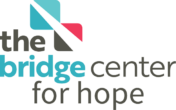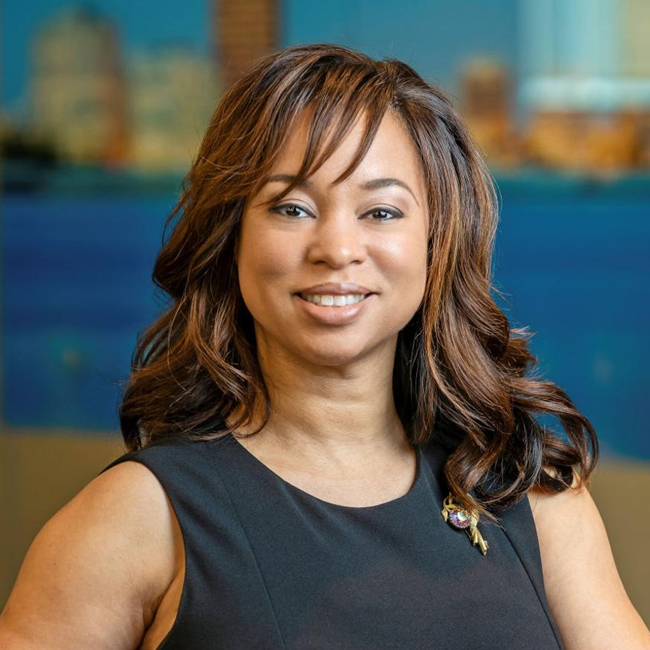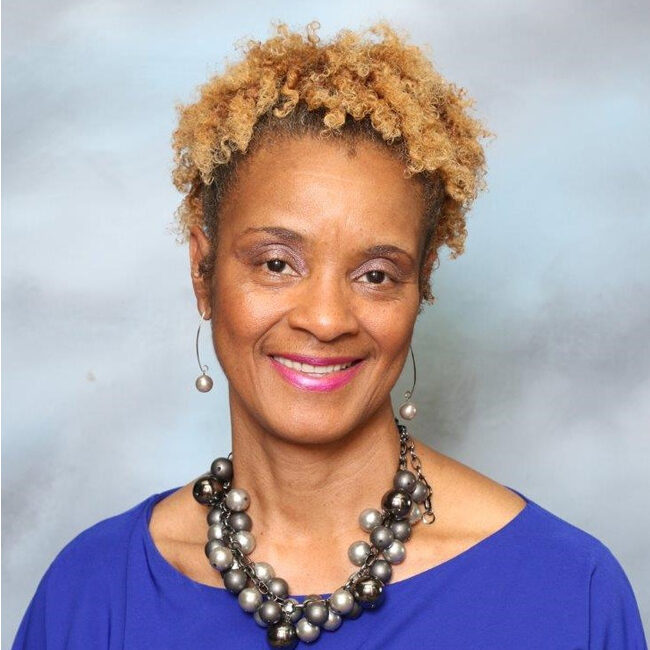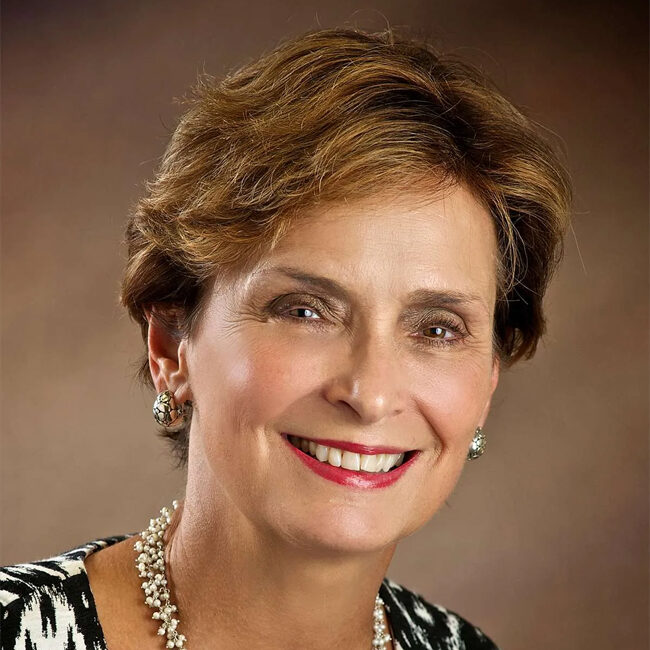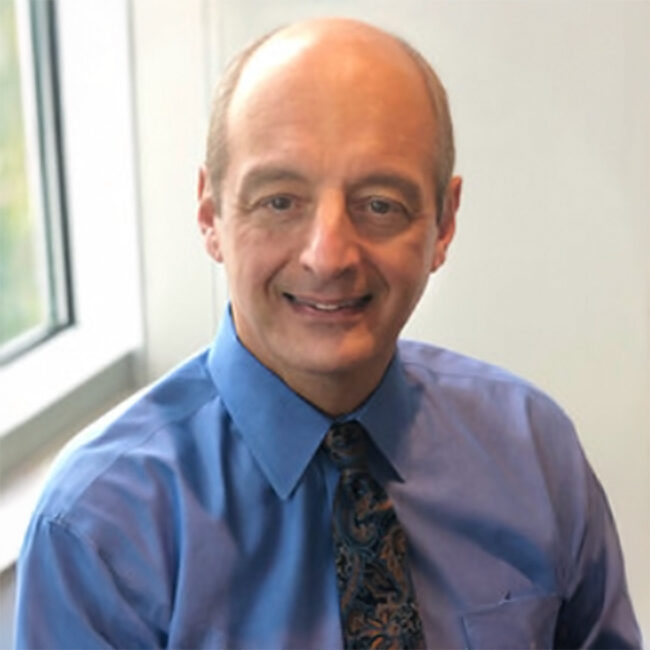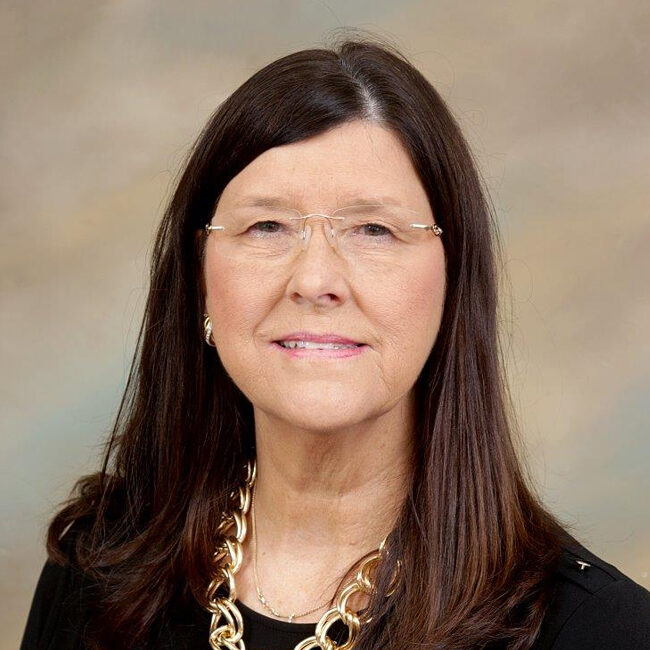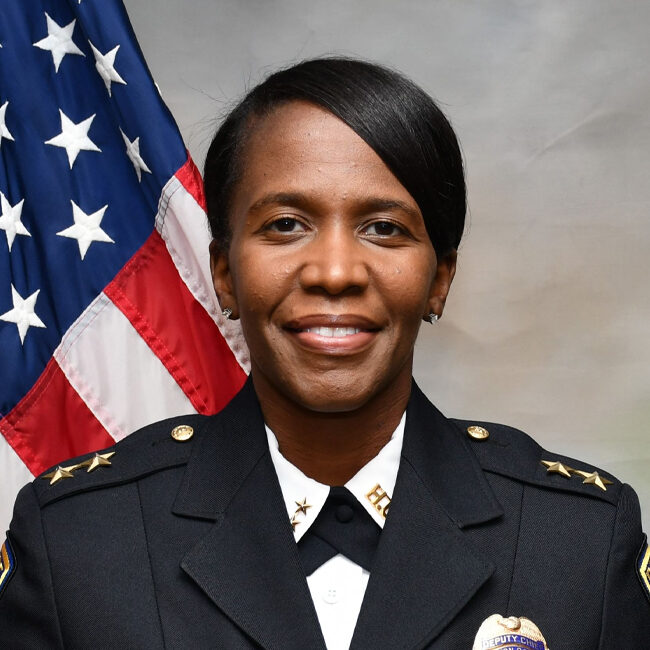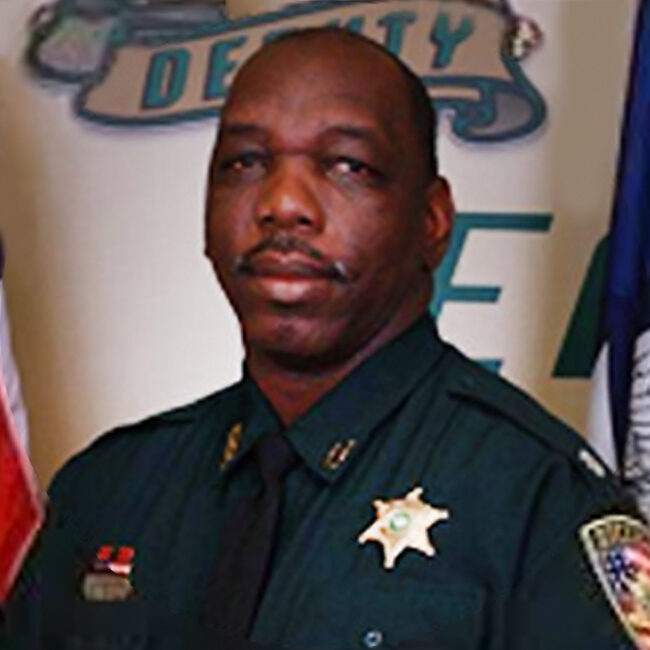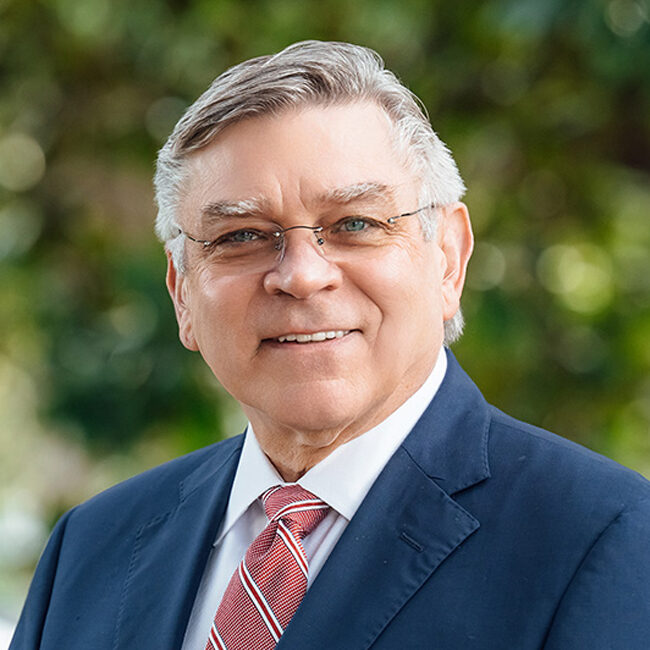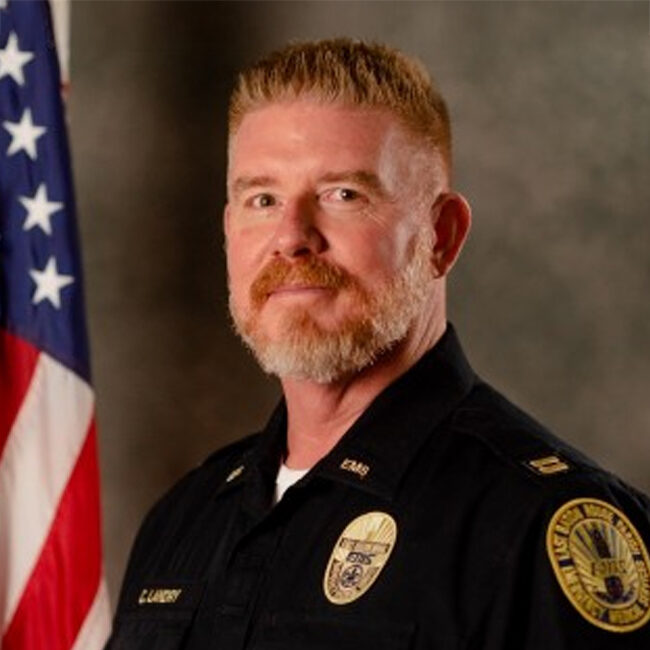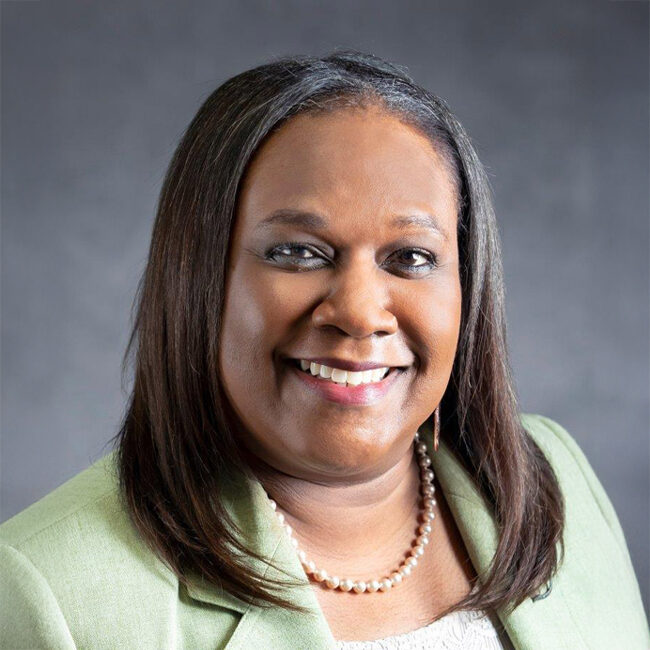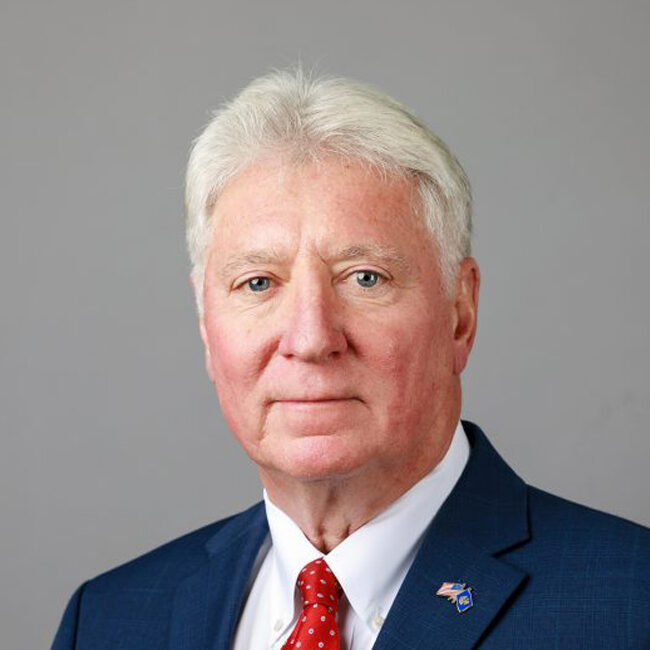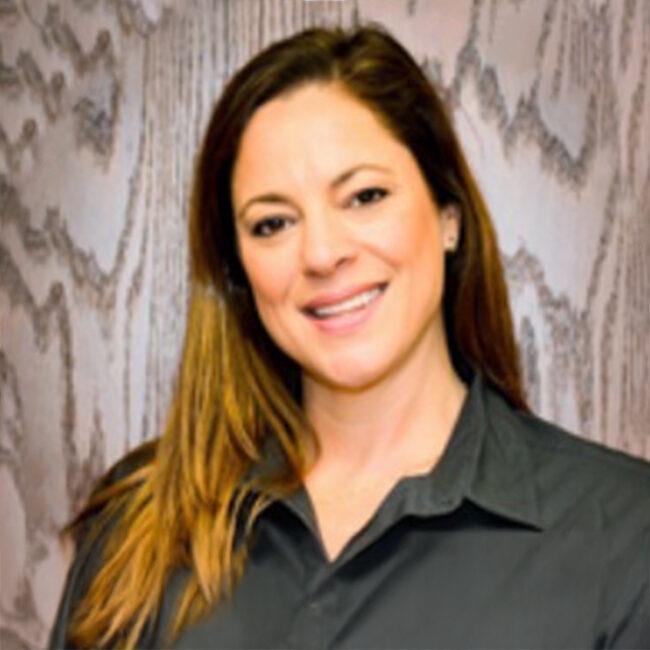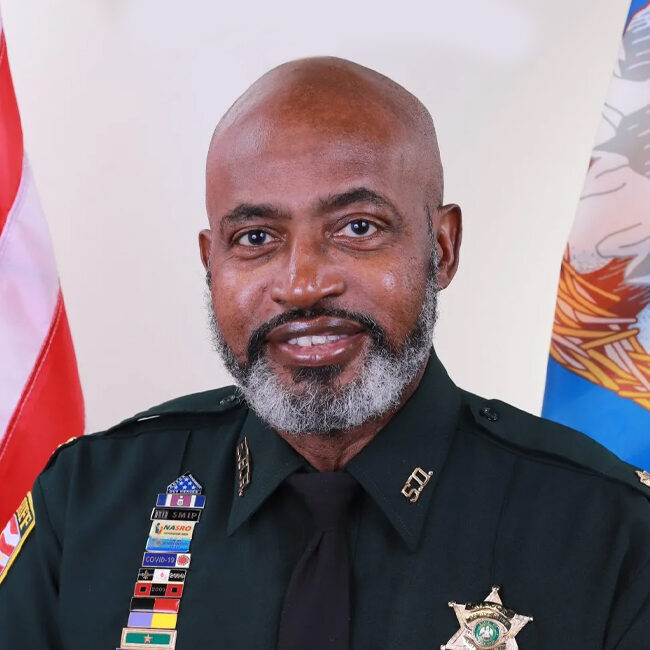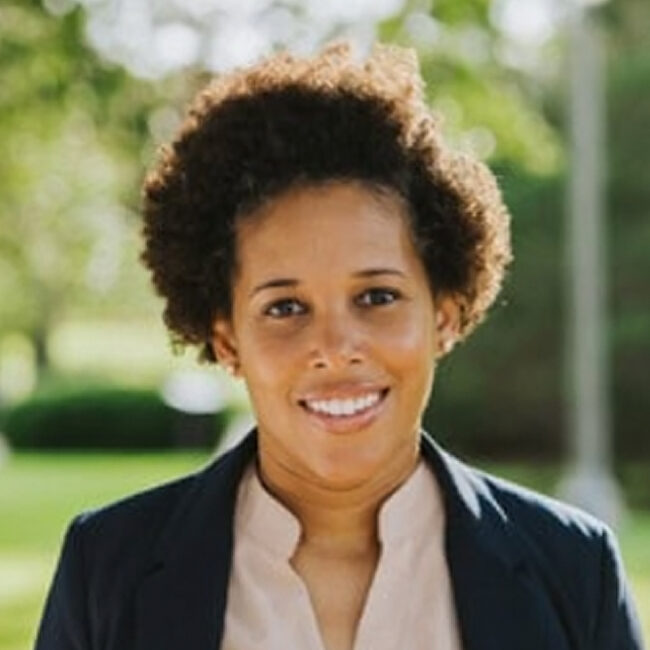Home > About
Staff & Board
The staff and board of directors at The Bridge Center for Hope are dedicated to helping East Baton Rouge Parish residents experiencing a mental health crisis and/or substance use challenge by ensuring they receive the quality care and attention they deserve.
The Bridge Center for Hope Board of Directors is diverse and has skill sets that align with the mission of the organization. Behavioral health professionals, health care leaders, patient and consumer advocates, and justice system leaders provide a balance to the board. A nominating committee recommends board members to the full board. Board members serve two and three-year terms.
Executive Director
Charlotte Claiborne, MBA
